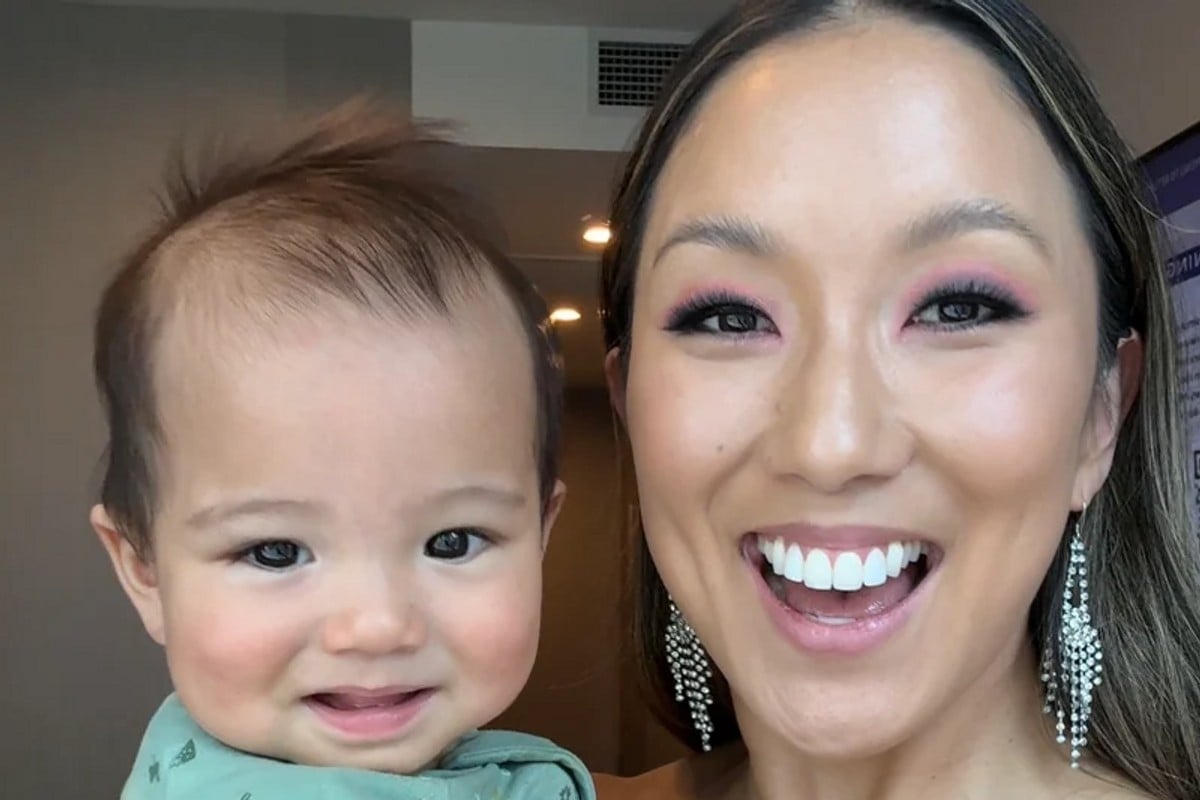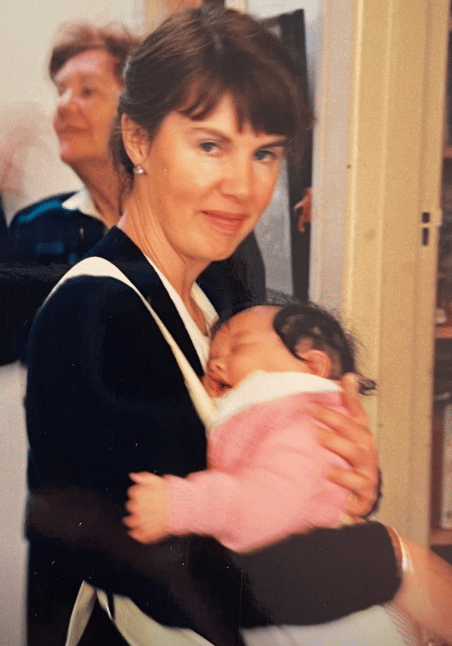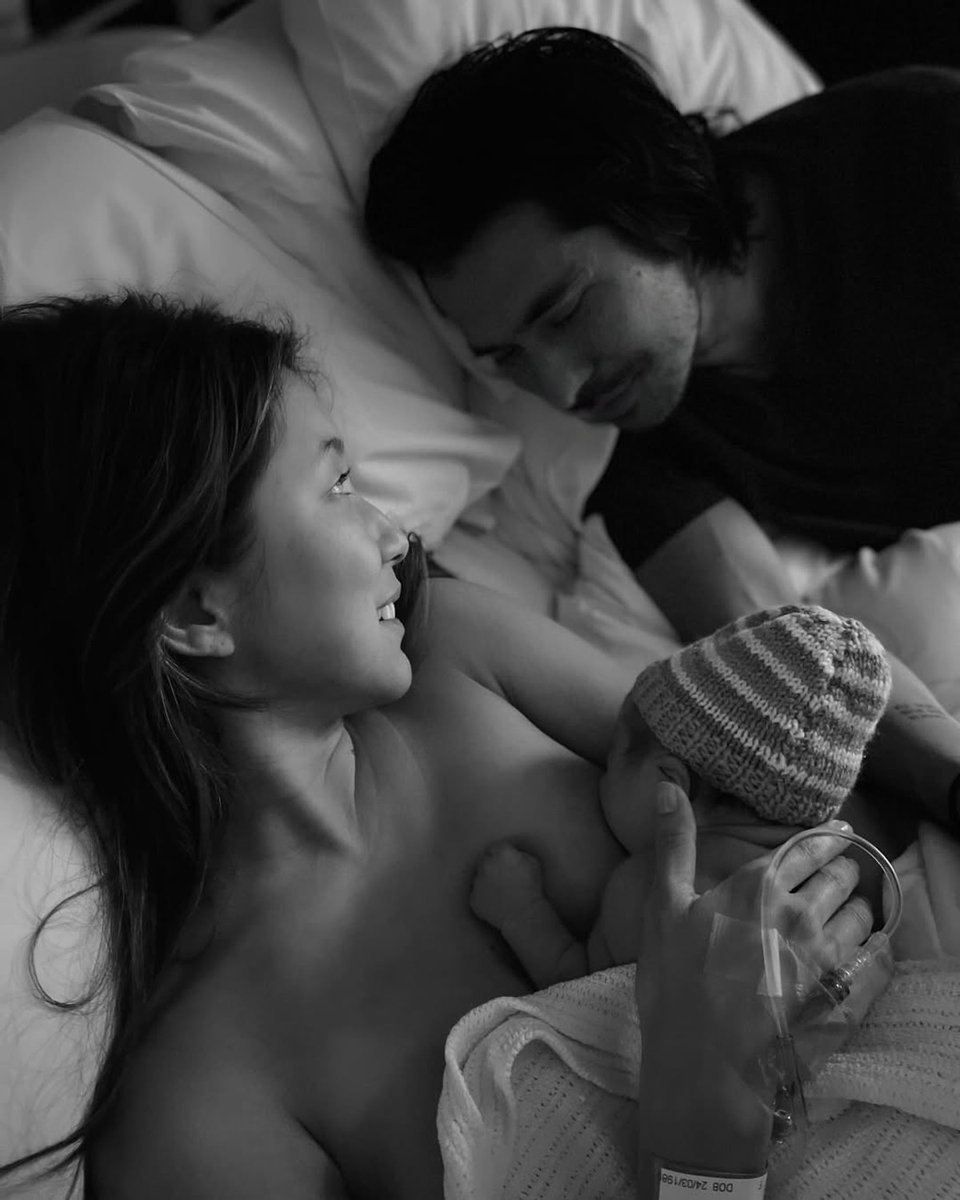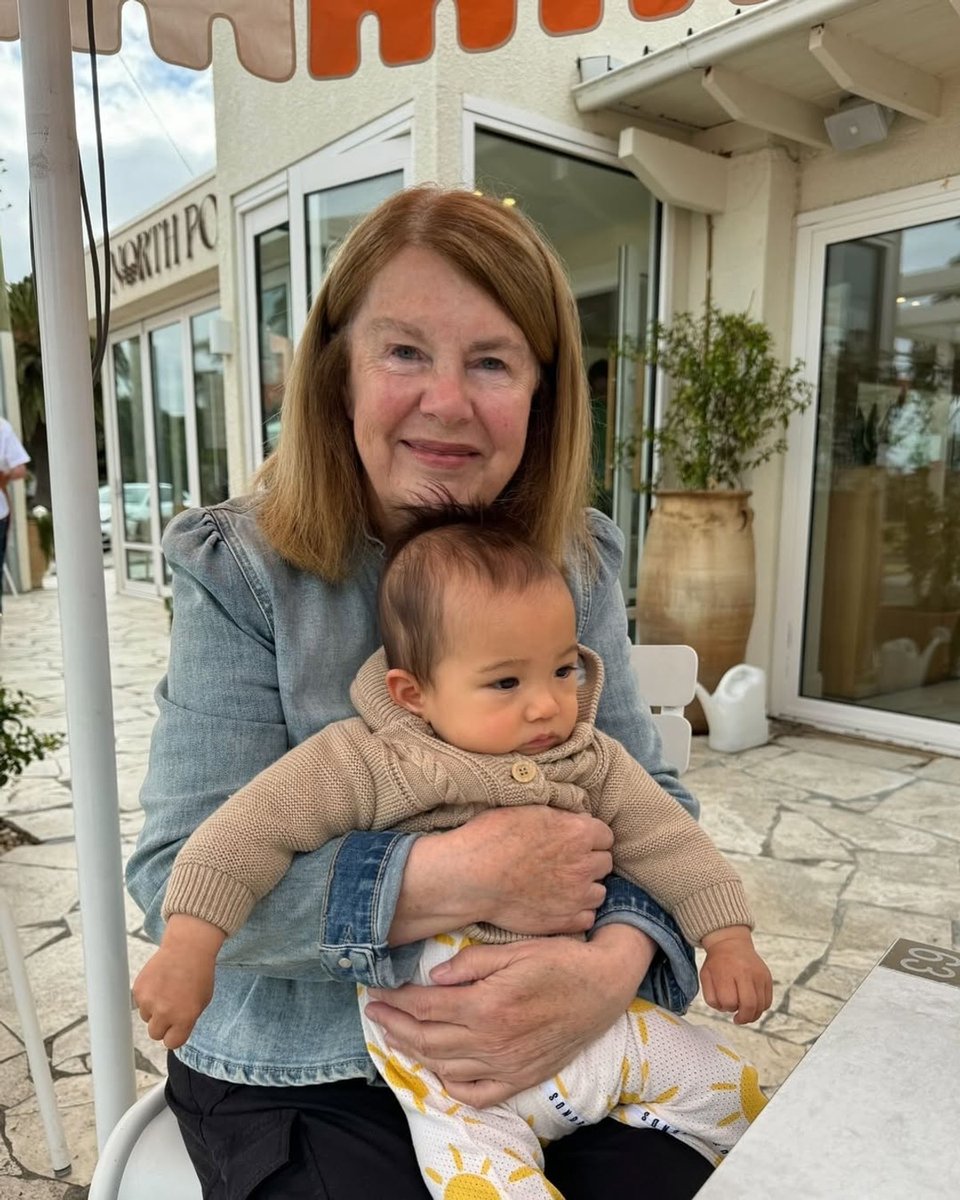
I can't exactly pinpoint the moment I fully grasped the concept that I was adopted, it's just been a part of my identity and family story for as long as I can remember.
While many adoptees do experience a pivotal before/after or sliding doors moment where they find out later in life (and often experience some emotional upheaval around deception, abandonment or trauma), being a cross-cultural adoptee of very apparent South Korean ethnicity adopted into a Caucasian Australian family with country bumpkin roots definitively ruled that out for us.
Being a precociously inquisitive young thing (and remaining so to this day), there's no chance my parents were dodging any questions about why we looked different to each other or where babies came from, so they simply didn't try, and told us so early that I can't even recall the conversation. I'd say that the day I learnt that adoption exists was the same day I learnt it applied to us. And on reflection, I think this has always worked in our favour, in that adoption was never a big, scary thing to "announce" once we were "ready" or old enough to cope with it, but rather just an accepted fact that, if anything, made us even more special.
Watch: The difference between parents in the '80s and parents now. Post continues after video.































































































